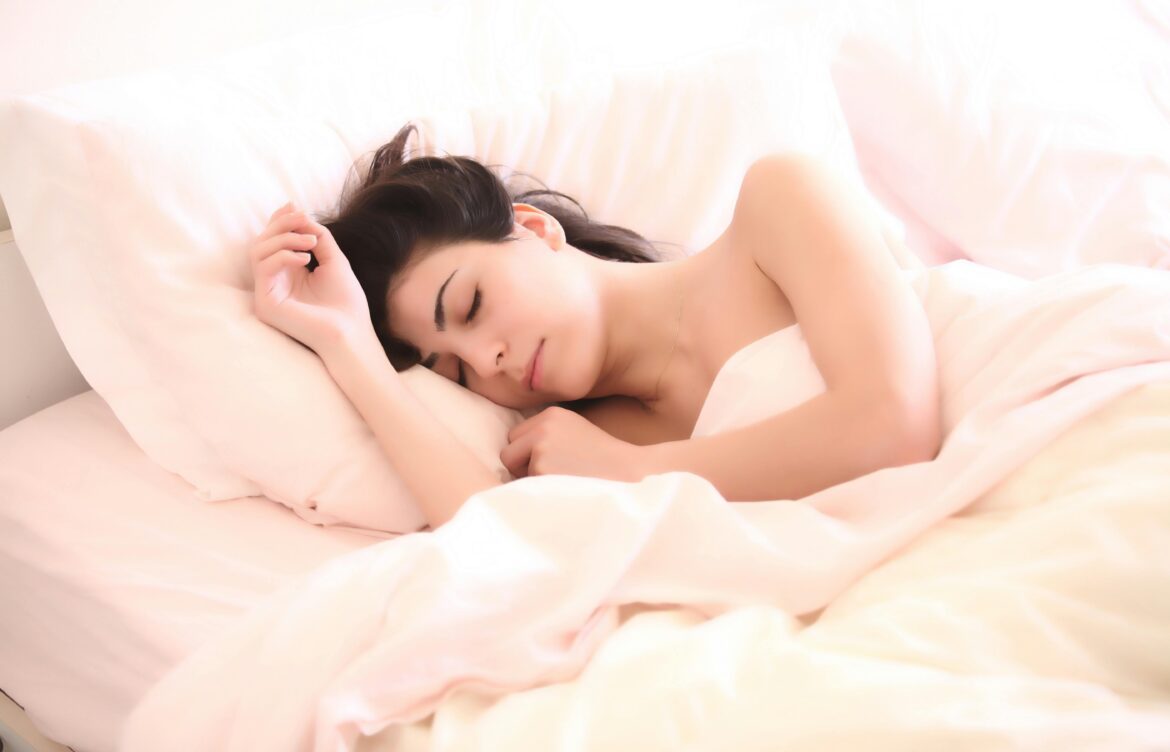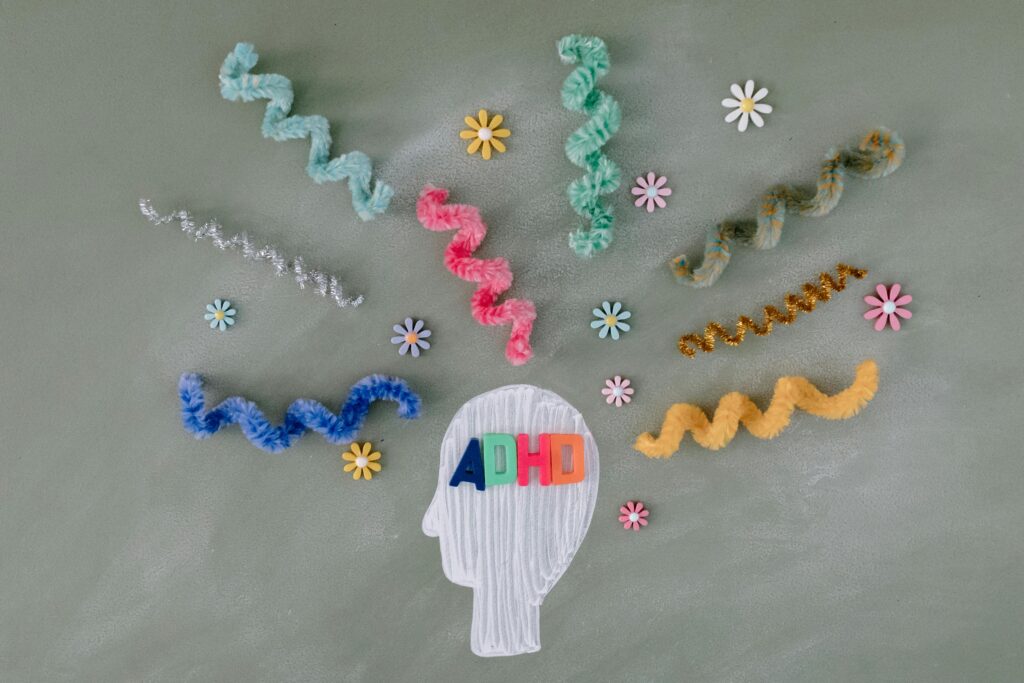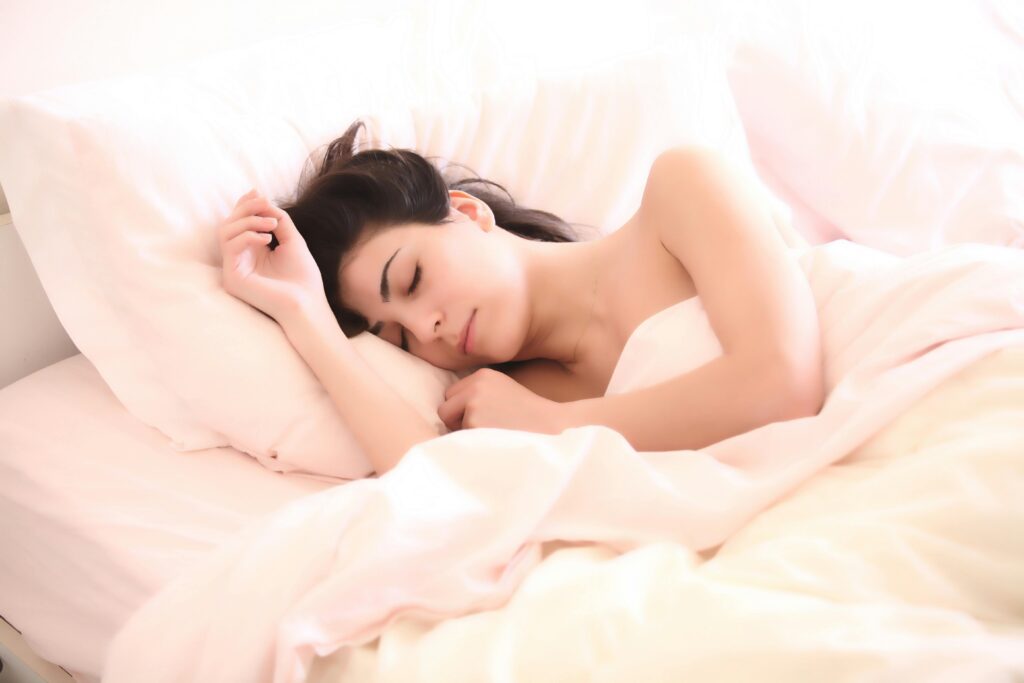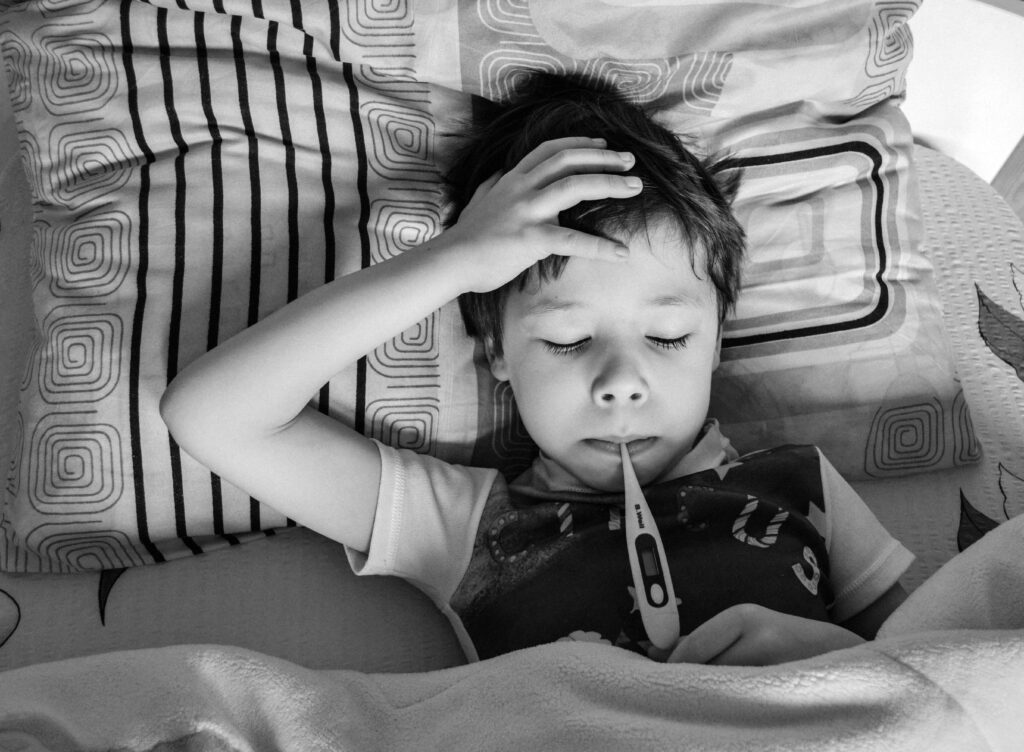
The Connection Between Sleep Apnea and ADHD: An Overlooked Link Affecting Millions
Sleep apnea and ADHD share striking similarities—so much so that they are often misdiagnosed. Emerging research reveals a bidirectional relationship between these conditions, with each exacerbating the other. This in-depth guide explores the science behind their connection, shared symptoms, and why treating one condition may dramatically improve the other.
Key Statistics: The Overlap Between Sleep Apnea and ADHD
📊 Prevalence in ADHD Populations:
- 25-30% of adults with ADHD have sleep-disordered breathing (Sleep Medicine, 2023)
- 40% of children diagnosed with ADHD show signs of sleep apnea (Journal of Pediatrics, 2024)
📊 Prevalence in Sleep Apnea Patients:
- Adults with OSA are 2.5x more likely to have ADHD symptoms (JAMA Otolaryngology, 2023)
- Children with OSA have 3x higher ADHD diagnosis rates (American Academy of Sleep Medicine)

Why Sleep Apnea Mimics ADHD (and Vice Versa)
Shared Symptoms
| Symptom | Caused by Sleep Apnea | Caused by ADHD |
|---|---|---|
| Daytime Sleepiness | Fragmented sleep → exhaustion | Hyperfocus → delayed bedtime |
| Poor Concentration | Oxygen deprivation → brain fog | Dopamine dysregulation |
| Memory Issues | Hippocampus damage from hypoxia | Working memory deficits |
| Impulsivity | Frontal lobe oxygen depletion | Inhibitory control impairment |
| Mood Swings | Sleep deprivation → irritability | Emotional dysregulation |
Key Insight: Many patients diagnosed with ADHD actually have untreated sleep apnea—and vice versa.

The Biological Link: How Sleep Apnea Worsens ADHD
1. Oxygen Deprivation and Brain Function
- Apnea events drop blood oxygen levels, starving the brain
- Prefrontal cortex (responsible for focus) is especially vulnerable
2. Sleep Fragmentation and Neurotransmitters
- Interrupted deep sleep disrupts dopamine production
- Result: Worsens ADHD’s hallmark focus/motivation issues
3. Inflammation and Cognitive Decline
- Chronic sleep apnea increases brain inflammation markers
- Linked to slower processing speed and working memory loss

ADHD Behaviors That Worsen Sleep Apnea
1. Delayed Sleep Phase Syndrome
- Common in ADHD: Natural tendency toward late bedtimes
- Result: Shortened sleep → exacerbates apnea symptoms
2. Poor Sleep Hygiene
- Screen overuse → suppresses melatonin
- Irregular schedules → confuse circadian rhythms
3. Stimulant Medication Side Effects
- ADHD meds can cause:
- Teeth grinding (worsens airway collapse)
- Insomnia (reduces sleep apnea treatment adherence)

Diagnosis Dilemma: Are You Treating the Right Condition?
Red Flags for Sleep Apnea in ADHD Patients
🚩 Stimulants work inconsistently (focus improves but fatigue remains)
🚩 Extreme difficulty waking up despite “enough” sleep
🚩 Bedwetting (in children) or frequent nighttime urination (adults)
🚩 Witnessed apnea episodes (partner notices breathing pauses)
When to Get a Sleep Study
✔ If ADHD symptoms persist after medication/treatment
✔ If you have risk factors (snoring, obesity, large neck circumference)
✔ If fatigue outweighs hyperactivity
Treatment Strategies for Dual Diagnosis
1. Treat Sleep Apnea First
- CPAP therapy: Improves oxygen flow to the brain
- Oral appliances: For mild cases or CPAP-intolerant patients
- Adenotonsillectomy: Often curative for children
Outcomes:
- 67% of patients report improved ADHD symptoms after apnea treatment (Sleep, 2023)
- Children show better academic performance post-treatment
2. ADHD Management Adjustments
- Medication timing: Avoid stimulants after 2 PM
- Sleep-focused behavioral therapy: For circadian rhythm reset
- Non-stimulant options: Atomoxetine (Strattera) if stimulants disrupt sleep
3. Lifestyle Interventions
- Weight management: Reduces apnea severity
- Nasal breathing training: Helps mouth-breathers
- Sleep schedule stabilization: Critical for circadian health
FAQs
1. Can treating sleep apnea “cure” ADHD?
- No, but it can reduce misdiagnosed cases and improve symptoms in true ADHD.
2. Do all ADHD patients need sleep studies?
- Not all, but recommended if:
- Symptoms include excessive daytime sleepiness
- There’s a family history of sleep apnea
3. Can ADHD meds cause sleep apnea?
- Indirectly: By causing weight loss suppression or teeth grinding.
4. How do I know if my child’s ADHD is really sleep apnea?
- Key signs: Snoring, pauses in breathing, frequent night waking.
5. What’s the most overlooked symptom of this overlap?
Emotional dysregulation—both conditions cause mood swings but via different mechanisms.
Key Takeaways
- ADHD and sleep apnea share symptoms → Misdiagnosis is common.
- Oxygen deprivation from apnea mimics ADHD → Always rule out sleep issues first.
- Combined treatment works best → CPAP + ADHD management yields optimal results.
Action Step: If ADHD treatments aren’t fully effective, ask your doctor about a sleep study. The solution to your focus issues might lie in your nighttime breathing.
